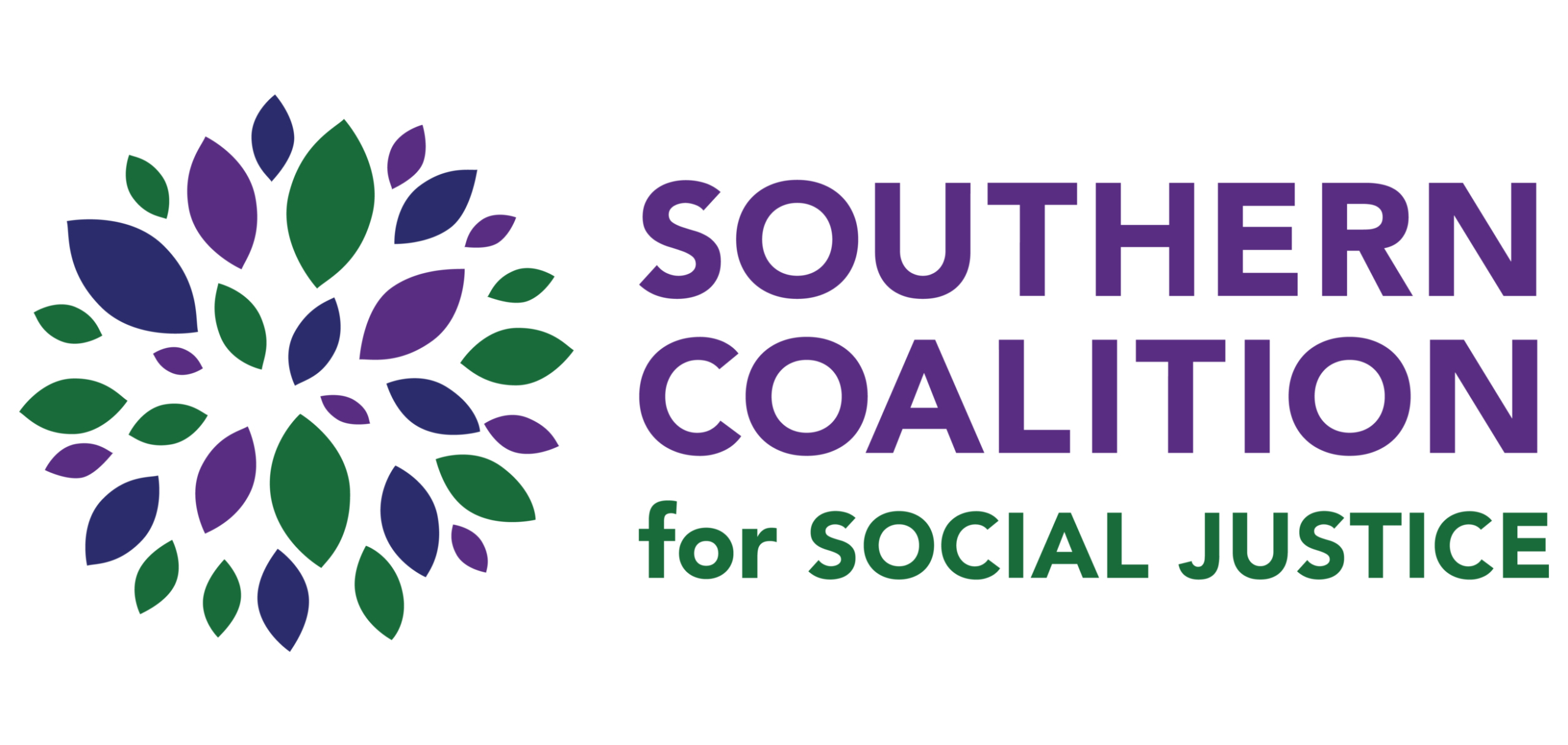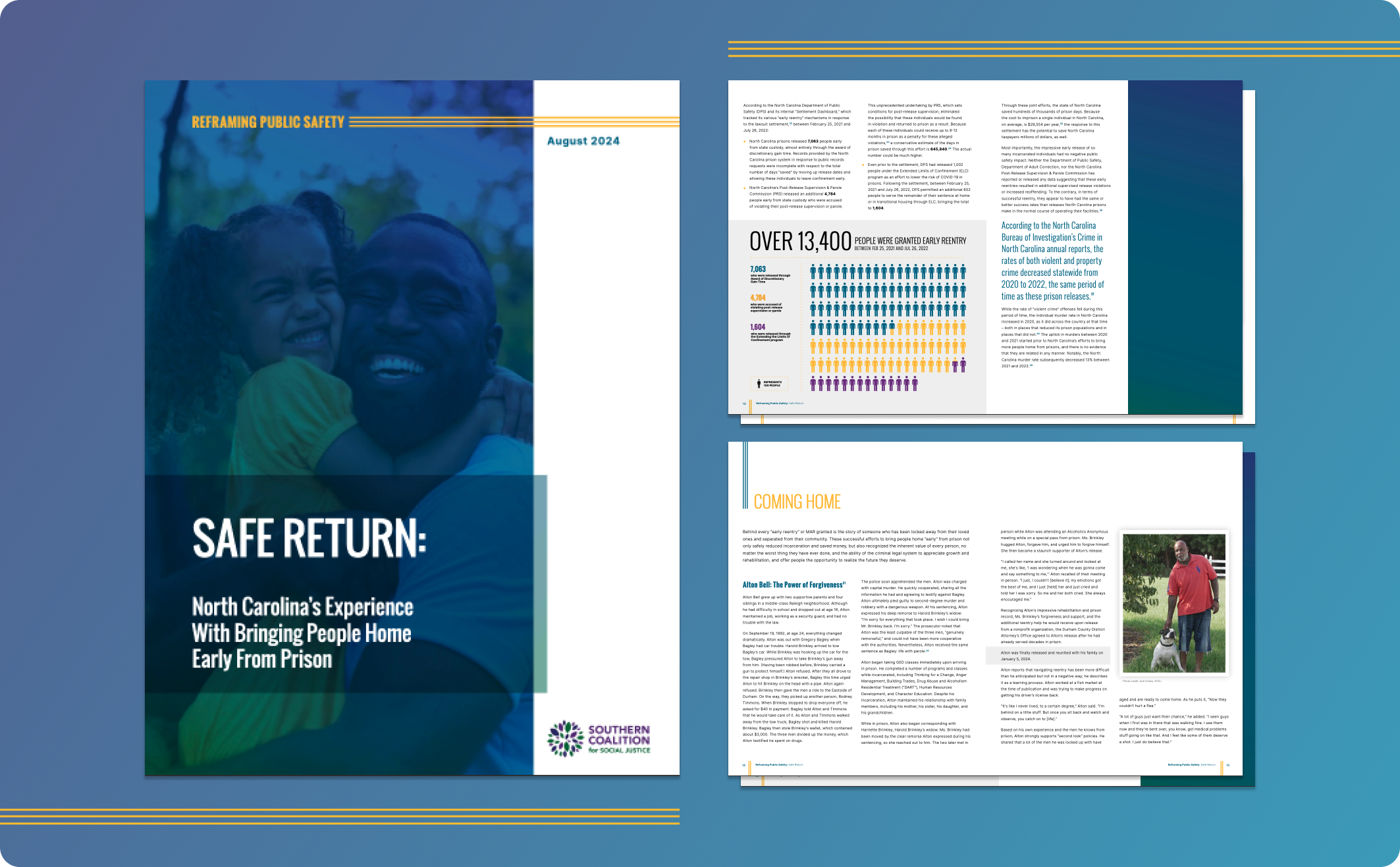The following op-ed appeared in the Greensboro News-Record on Sunday. It was written by SCSJ staff attorney Chris Brook, who represented numerous clients in a lawsuit against the city over the Council's attempt to re-open the White Street Landfill to municipal solid waste. SCSJ also intervened in a case involving the company selected by the council.
On July 17, 2001, the Greensboro City Council passed a resolution barring further expansion of the White Street Landfill and sought to chart a course to a waste-disposal alternative. More than 10 years later — and following a divisive effort to reopen the landfill that saw three requests for proposals put forward and then abandoned; landfill opponents and supporters suing the city; and an attempt by council members to recuse a fellow member from voting on a landfill contract — it may seem a solution to Greensboro’s garbage problem is further away than ever.
That doesn’t have to be so. While it was painful, the recent White Street discussion underlined the city’s three core waste-disposal values, which can serve as a guide to an equitable, sustainable and fiscally responsible long-term solution.
First, the White Street Landfill must remain closed to municipal solid waste.
Greensboro made a promise to its residents in 2001 that White Street would not be expanded and the city would transition the vast majority of its waste to another site. In 2006 this promise became reality. Elderly couples used to waking to the hum of garbage trucks lined up outside their windows slept a little better. Families considering moving elsewhere chose to stay in Greensboro. And first-time homebuyers purchased houses near the landfill based on the assurance that White Street was closed for good. These Greensboro residents have relied upon the word of their city and deserve to have their faith and loyalty rewarded.
Second, Greensboro should dispose of its waste in a manner that minimizes health, economic and environmental impacts.
There is no perfect place for a landfill; it will upset someone wherever it goes. However, some locations are better than others. For example, 7,548 Greensboro residents live within a mile radius of the White Street facility, a number sure to increase as the eastern portion of the city continues to grow. By contrast, Greensboro currently ships its garbage to the Uwharrie Regional Landfill. Only approximately 100 people live within a mile radius of that facility. The closest town is Troy, population 3,430, whose downtown is five miles from the landfill.
This is not necessarily to advocate that Greensboro continue to use Uwharrie, but instead an illustration of how thoughtful siting can minimize impacts.
Third, Greensboro policymakers should select a fiscally responsible waste-disposal option.
The conservative, four-person City Council faction that drove the recent White Street discussion was right that cost is an issue, or, as Councilman Danny Thompson succinctly summarized, “It’s dollars and cents.”
Their first mistake was treating cost as the only issue. Their second mistake was trumpeting short-term savings, while failing to consider the long-term fiscal implications of reopening a landfill only four miles from downtown Greensboro. Driving a hard bargain with Greensboro taxpayer dollars is an imperative going forward, but it must be placed in the context of the city’s responsibilities to its residents and the need to foster economic growth for future generations.
There are potential solutions on the horizon that could allow Greensboro to honor the three core values underlined by the recent White Street debate. Republic Services has identified $3.5 million in potential annual savings through continued use of the Uwharrie Regional Landfill. Nearby Randolph County has expressed interest in hosting a regional landfill, which has the potential to minimize impacts.
While it is too early to tell if these proposals will pan out, it is not too early for voters to do their due diligence on City Council candidates to ensure they will pursue equitable, sustainable and fiscally responsible solutions. Without officeholders squarely focused on long-term answers, Greensboro could be having this same conversation in 2021.



